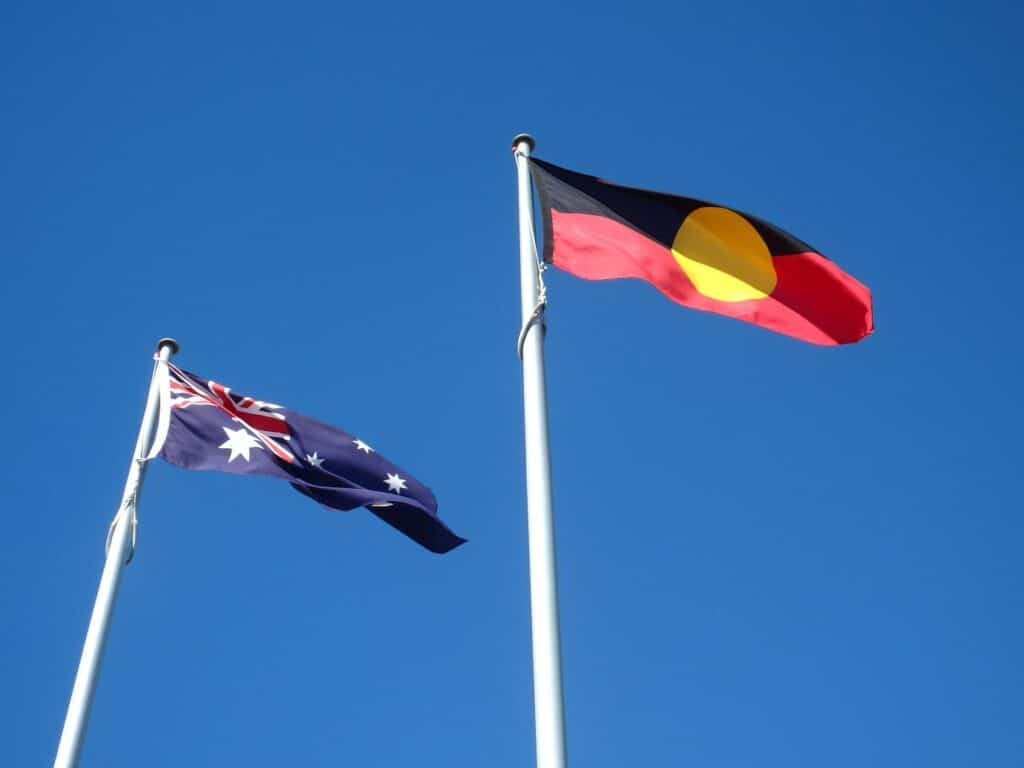With the referendum expected in October, debate about the Indigenous Voice to Parliament is ramping up. There’s also been plenty of misinformation floating around in traditional and social media.
From a Melbourne cryptocurrency trader using AI-generated ads in his own ‘no’ campaign, to false claims in the media that the Uluru Statement from the Heart is secretly a longer document than the one-page document that’s been publicly available since 2017.
Misinformation is spreading like wildfire, and it’s prompted advocates for the Voice, including Professor Megan Davis, to issue a response and highlight how some sections of the ‘no’ campaign have abandoned “any semblance of good faith adhesion to facts”.
“The Uluru Statement from the Heart is one page. It’s very simple. The unceasing attempts from the No campaign to take draft documents from conference rooms seven years ago and transcriptions of butchers paper seven years ago to manufacture a controversy over the Uluru Statement is farcical,” Davis wrote in The Australian last week. “It reeks of desperation.”
“Had I been warned that a few months out from a historic referendum, some leading No advocates would abandon any semblance of good faith adhesion to the facts in favour of a strategy designed to terrify and confuse Australians, I probably wouldn’t have believed it.
“But here we are: forced to respond to the bizarre claims that the Statement from the Heart is not actually the 439-word, one-page document that has been publicly available for seven years – but a random selection of 26 pages of meeting notes and footnotes.”
In an interview with WSFM’s Jonesy and Amanda on Monday, Albanese also dispelled rumours that the Voice could lead to court cases and money claims.
“Can you say convincingly that that is not the case?” Amanda Keller asked the Prime Minister.
“It is absolutely not the case,” Albanese confirmed.
“I think it shows the weakness of the No case the fact that things are just being made up. People can have a look at the question themselves and what the constitutional change will be, and it’s really clear.”
Albanese also said it was “pretty scary frankly” that “some of the No campaign and stuff that’s going into people’s Facebook posts which is designed to spread misinformation. Some of it AI generated, some of it generated, of course, by people like the commentators that you have said.”
Fair Australia, which is backing the l ‘no’ campaign, has since come forward to clarify that it has not used AI generated videos in its campaign. Spokeswoman Jacinta Price has specifically rejected the claims.

